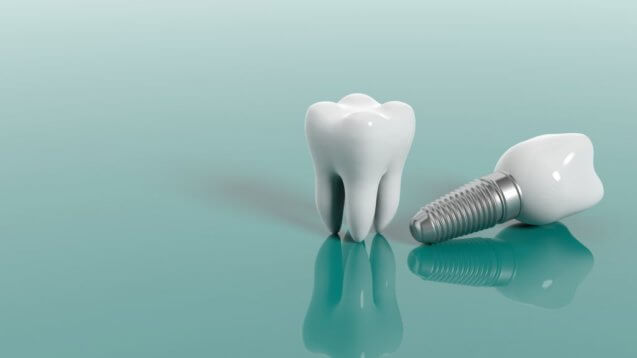All About Immediate Dental Implants
Introduction
When the world talks about 4G network connections, high-speed autos, bullet trains, and other technological advancements, we can see that no one wants to wait. Dentistry isn’t far behind in terms of keeping up with the times. And yes, you are correct since a procedure known as IMMEDIATE DENTAL IMPLANTS does exist.
We understand how difficult and inconvenient it is to be toothless. Implants, which have dramatically transformed dentistry, have a 3-6 month waiting time before we may regain our smile. For individuals who find the waiting period inconvenient, the dentist has developed IMMEDIATE DENTAL IMPLANTS.
What is an Immediate Dental Implant?
An implant is a screw-like substance composed primarily of titanium surgically inserted into the jaw bone to provide support for a dental prosthesis. The implant is implanted like a tooth root around which standard bone forms, and it eventually integrates with the bone over 3 to 6 months. Following that, prosthetic rehabilitation is performed, and a crown is placed over the implant head.
Is it suitable for all?
Not all patients are candidates for immediate implants. Your dentist will not insert instant implants simply because you choose a shorter treatment line. Your dentist will perform a few scans to determine the quality of the bone. If you have a chronic ailment or poor oral hygiene, you may not be a good candidate for urgent dental implants.
Benefits of Dental Implant
Any dental treatment comes with a long list of advantages. Some of the benefits of instant dental implants are listed below.
- Less time consuming: Dental implants can be placed in just one visit. Everything is done in one session, from implant placement through crown placement. This significantly reduces the inconvenience of being toothless for an extended period.
- Better gum fitting around the crown: Because the crown is made right after the implant is placed, the gums fit better, giving the crown a more natural appearance.
The Risk associated with dental Implant
Any type of oral surgery has considerable risk. The dangers and difficulties associated with immediate dental implants are listed below. This is one of the reasons why not all dentists recommend immediate implant surgery.
- Implant movement: the implant should not move once it has been implanted. It should be put into a guided track and held in place afterwards.
- It isn’t recommended for everyone. Healthy, thick bone is essential for implant surgery to be successful. Implant failure can be caused by poor bone quality.
- Implants that are not properly maintained can become infected, resulting in implant failure.
However, the keys to success include:
- Careful case selection.
- A well-thought-out treatment strategy.
- Strict adherence to surgical and prosthetic standards.
Conclusion
When the extraction is performed with minimal stress, diagnostic imaging shows that minimally invasive implant placement is achievable, and your implant specialist applies precise techniques to protect healthy gum and bone tissue, rapid tooth replacement with long-term stability is a realistic choice.



